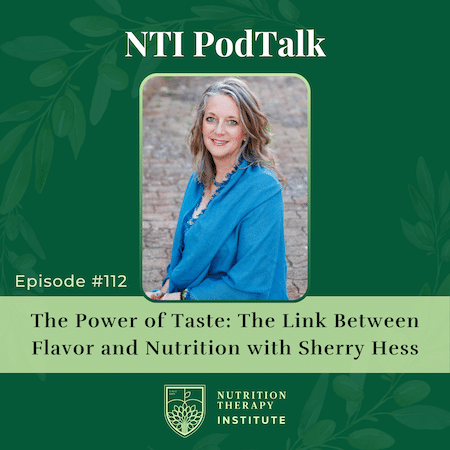
Share this post!
A study published online in the Journal of Alzheimer’s Disease on March 12, 2019, reported that seniors who ate two servings of cooked mushrooms per week were half as likely to have mild cognitive impairment—a decline in mental function that often precedes Alzheimer’s disease.
Researchers collected data from 600 Chinese seniors (aged 60 and older) who were living in Singapore, where mushrooms are a common part of the diet. Mushrooms that were commonly eaten by participants included golden, oyster, shiitake, white button mushrooms, dried mushrooms, and canned mushrooms. The quantity of mushrooms that correlated with the reduced risk of cognitive decline equated to 300 grams per week, or about half a plate of cooked mushrooms.
Although this study merely establishes a correlation, and there might be additional factors at play, there are reasons to believe that mushrooms might have beneficial effects on brain health. Let’s take a look at five ways mushrooms might benefit your brain.
1. Mushrooms Support Immune Balance
Mushrooms contain a variety of polysaccharides, such as beta-glucans, that are known to regulate immune function. Studies have also found that mushrooms support a healthy inflammatory response. Given that inflammatory pathways are activated in Alzheimer’s disease, the immune modulating effects of mushrooms may be one way they offer brain-health benefits. Other than mushrooms, there are many more immune-boosting foods.
2. Mushrooms Support Antioxidant Defenses
Ergothioneine and glutathione are two potent antioxidant compounds found in mushrooms. Ergothioneine has been found to accumulate in the body at sites where there are increased inflammation and oxidative stress and is thought to offer cellular protection. One study found that people with mild cognitive impairment had lower blood levels of ergothioneine, suggesting that it may offer some protection for brain health.
3. Mushrooms Promote a Healthy Microbiome
Mushrooms are rich in non-digestible carbohydrates, like chitin, hemicellulose, alpha- and beta-glucans, mannans, xylans, and galactans. These polysaccharides act as prebiotics to stimulate the growth of healthy gut bacteria.
Research related to the communication between the gut and the brain (called the gut-brain axis) is in its infancy, but early evidence suggests that the gut microbiome may influence the pathogenesis of Alzheimer’s disease. One mechanism to explain this link could be that intestinal dysbiosis and increased intestinal permeability may contribute to inflammation in the systemic circulation and the brain.
4. Mushrooms Support Nerve Growth
Mushrooms contain a variety of compounds (like hericenones and erinacines) that promote the healthy growth of nerves. The authors of the most recent mushroom study state that additional compounds in mushrooms may inhibit production of beta-amyloid (a hallmark of Alzheimer’s disease) and acetylcholinesterase (which breaks down the vital neurotransmitter, acetylcholine).
5. Mushrooms Provide an Array of Brain-Healthy Nutrients
Mushrooms are a good source of choline, with one cup of cooked shiitake mushrooms providing 10% of the daily value. Choline is an essential brain nutrient and a building block for the neurotransmitter acetylcholine. Mushrooms are also rich in B vitamins, selenium, potassium, copper, and iron. They are a good source of fiber and are the only vegan, non-fortified food source of vitamin D.
More research is needed to fully explain how mushrooms interact with our brain, but the evidence that we already have is exciting. Mushrooms may offer a simple and safe way to boost your diet and support brain health.
Try out these recipes to easily incorporate more mushrooms into your diet: Hearty Beef Stew, Creamy Miso Soup with Spring Vegetables and Stuffed Portobello on Spinach.
Related reading…
4 Adaptogenic Mushrooms That May Help You Manage Your Stress
My Journey into Mycology & Health: From Growing Mushrooms to Creating Dual-Extract Tinctures
About the Author: Sarah Cook, ND, is an instructor at the Nutrition Therapy Institute
Image: Three White Mushrooms on Beige Wooden Table by Emma Jones is free for use by Pexels
Share this post!




















